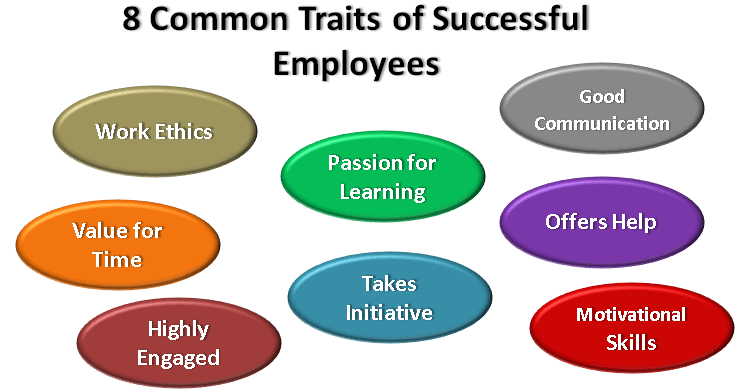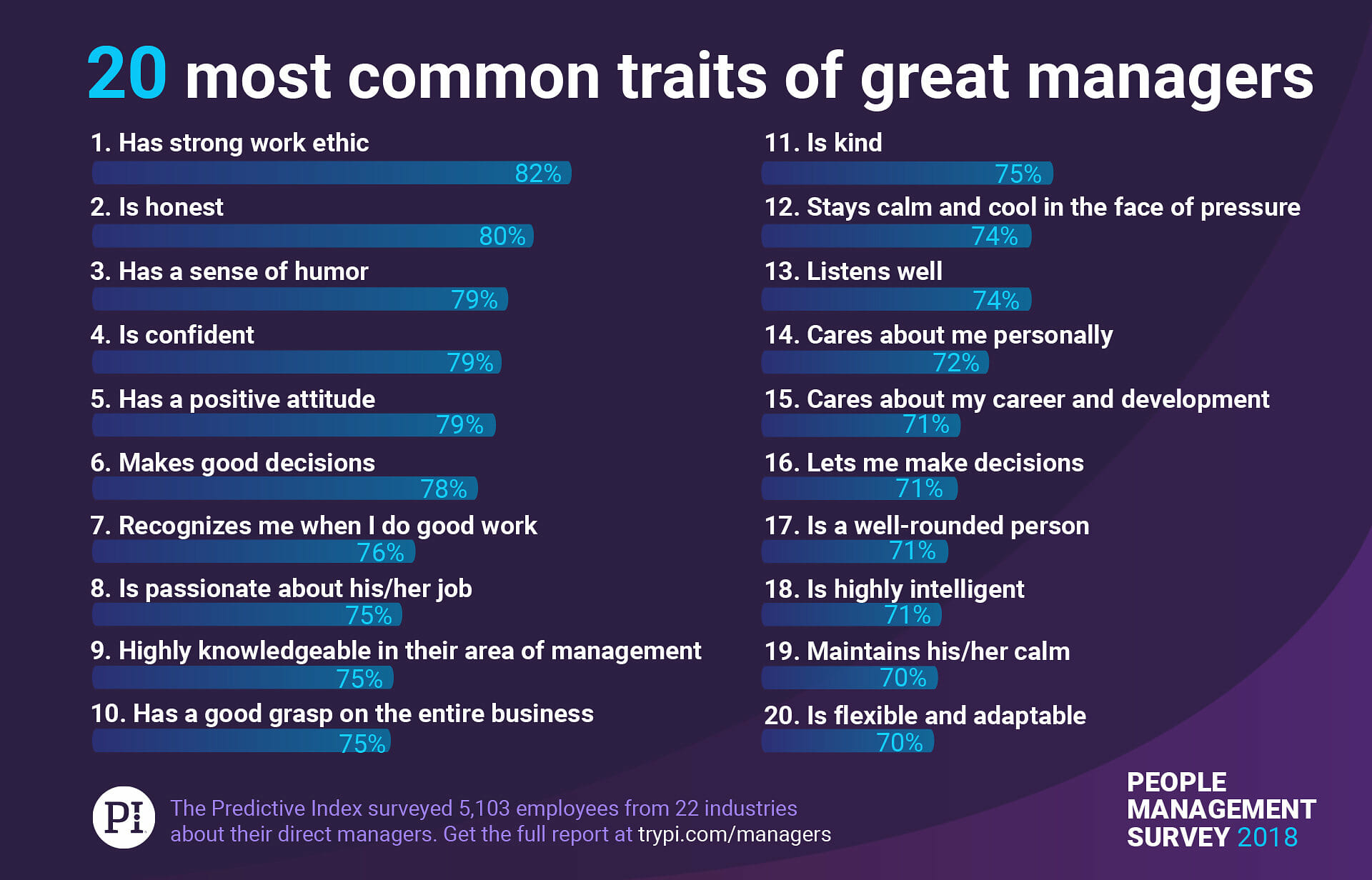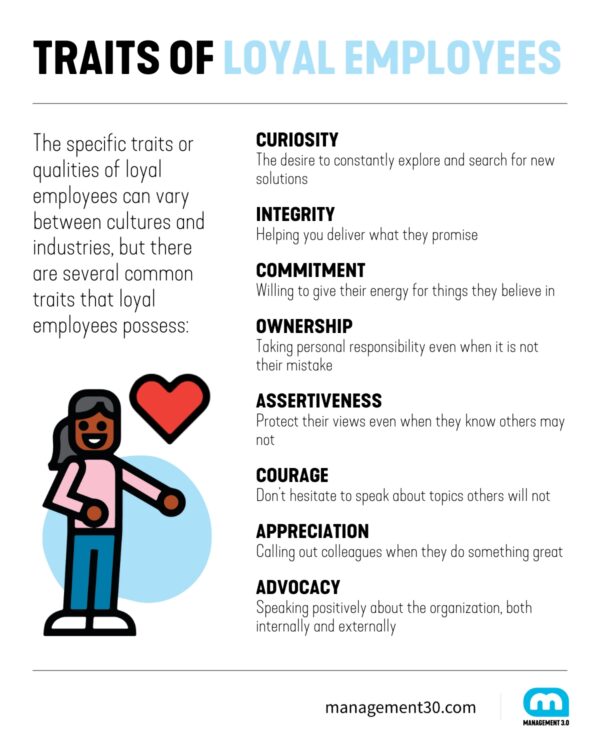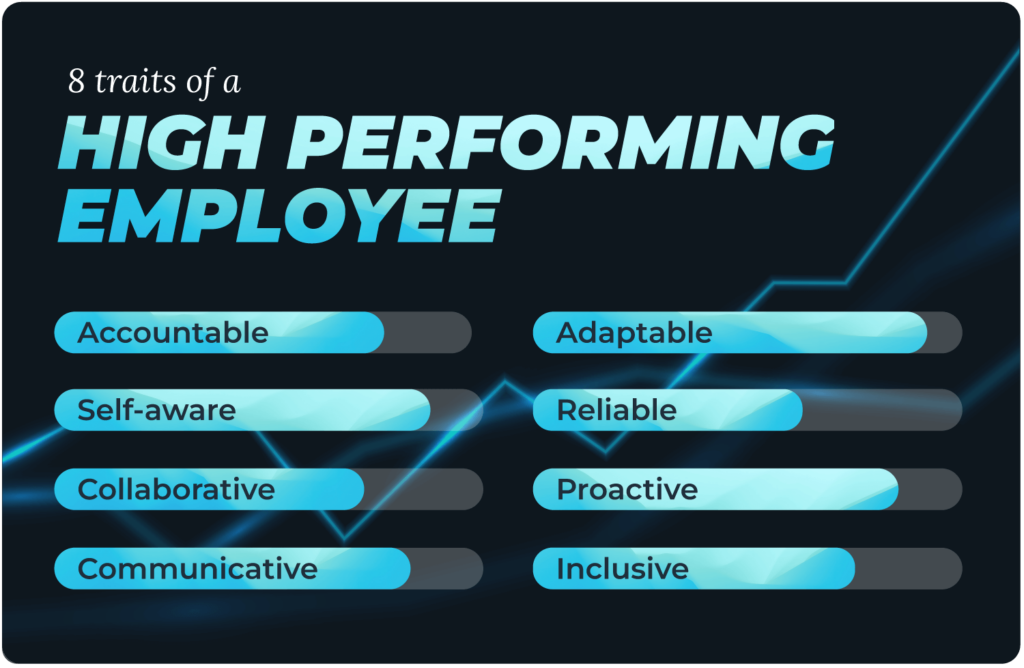Characteristics Of A Passionate Employee

In today’s competitive global landscape, companies are constantly seeking ways to enhance productivity, innovation, and overall success. While strategies often focus on technology and market analysis, the critical role of the individual employee, specifically their level of passion, is often overlooked. Ignoring this crucial element can leave organizations struggling to reach their full potential, as a workforce devoid of passion can translate to stagnation and missed opportunities.
This article delves into the key characteristics of a passionate employee, explaining how this employee impacts the workplace. It draws upon research and expert opinions to provide a comprehensive understanding of what truly drives engagement and performance. Understanding these traits is paramount for businesses looking to cultivate a thriving and dynamic work environment.
The Defining Traits of a Passionate Employee
Passionate employees are more than just satisfied workers; they are deeply connected to their work and the organization's mission. Their dedication manifests in several key characteristics that distinguish them from their less engaged counterparts.
Intrinsic Motivation and Initiative
One of the most defining traits of a passionate employee is intrinsic motivation. They are driven by an internal desire to excel and find satisfaction in the work itself, not solely by external rewards like salary or promotions. This self-driven nature leads them to take initiative, proactively seeking out challenges and opportunities to improve processes and contribute beyond their assigned tasks.
According to a 2023 study by Gallup, employees who are intrinsically motivated are significantly more likely to be engaged, productive, and committed to their organizations. This inner drive translates into a consistent pursuit of excellence and a willingness to go the extra mile.
A Strong Sense of Ownership
Passionate employees feel a strong sense of ownership over their work and the overall success of the organization. They don't just see themselves as cogs in a machine; they feel personally invested in the outcomes of their efforts.
This sense of ownership manifests as a commitment to quality, a willingness to take responsibility for mistakes, and a proactive approach to problem-solving. They take pride in their contributions and view setbacks as opportunities for learning and growth.
Continuous Learning and Improvement
Passionate employees exhibit a thirst for knowledge and a desire for continuous learning and improvement. They actively seek out opportunities to expand their skills and expertise, staying abreast of industry trends and best practices. This commitment to self-improvement not only benefits their individual performance but also contributes to the overall growth and innovation of the organization.
As Josh Bersin, a leading industry analyst, states, "Organizations that foster a culture of learning and development are more likely to attract and retain passionate employees." This commitment to development also increases overall company productivity and employee satisfaction.
Positive Attitude and Resilience
A positive attitude and resilience are crucial characteristics of passionate employees. They approach challenges with optimism and a belief in their ability to overcome obstacles. This resilience allows them to bounce back from setbacks, learn from failures, and maintain a high level of performance even under pressure.
Their positive attitude is contagious, creating a more collaborative and supportive work environment.
"Passion is energy. Feel the power that comes from focusing on what excites you." – Oprah Winfrey
Collaboration and Teamwork
Passionate employees are excellent collaborators and team players. They understand that collective success is more important than individual recognition. They actively contribute to team goals, share their knowledge and expertise, and support their colleagues.
According to research from Harvard Business Review, teams with passionate members are more likely to be innovative, productive, and successful. This collaborative spirit fosters a sense of camaraderie and shared purpose, further strengthening the overall work environment.
Cultivating Passion in the Workplace
Creating an environment that fosters passion requires a deliberate effort from leadership. It involves providing employees with opportunities for growth, autonomy, and meaningful work. Recognizing and rewarding passionate employees is also crucial for sustaining their engagement and motivation.
Organizations should focus on aligning employees' skills and interests with their roles. This is done through offering training programs, promoting a culture of open communication, and providing regular feedback.
The Future of Passionate Workforces
As the workforce continues to evolve, the importance of passionate employees will only increase. Organizations that prioritize employee engagement and create a supportive work environment will be better positioned to attract and retain top talent, drive innovation, and achieve long-term success.
Investing in employee development, promoting a culture of collaboration, and recognizing individual contributions are essential steps in cultivating a passionate workforce. By embracing these strategies, organizations can unlock the full potential of their employees and create a more dynamic and fulfilling work experience for all.


















